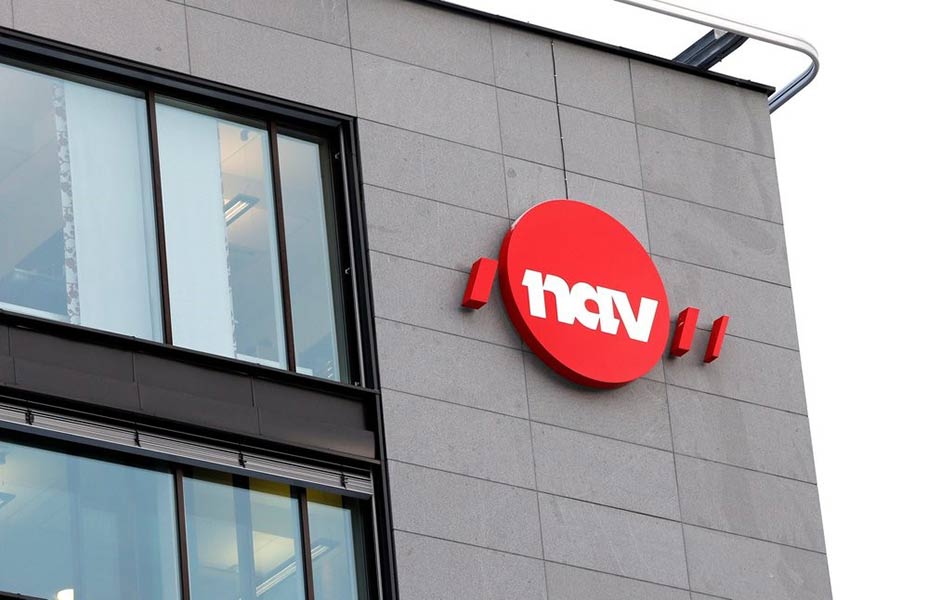Introduction: The Legal Framework of Sex Work in Norway
Sex work is a controversial and sensitive topic worldwide, and each country has its own approach to regulating this industry. In Norway, the legal framework around sex work has undergone significant changes over the years. This article aims to provide an overview of the current legal status of sex work in Norway, as well as explore the historical and societal factors that have shaped the country’s approach to this profession.
History of Sex Work Legislation in Norway: From Criminalization to Decriminalization
In the past, sex work was criminalized in Norway, and those involved in the industry faced prosecution and stigmatization. However, the country’s perspective on sex work gradually shifted in the late 20th century. In 1972, the sale of sex was decriminalized, meaning that individuals working in the industry were no longer subjected to criminal charges. Instead, the focus was shifted towards penalizing those who purchased sexual services. This approach aimed to address the power dynamics and exploitation often associated with the industry. However, it was not until 2009 that the current legal framework known as the Nordic Model was adopted, which we will explore further in the next section.
Current Regulations: Understanding the Legal Status of Sex Work in Norway
The legal status of sex work in Norway is characterized by a hybrid system that combines elements of criminalization and effective decriminalization. While the sale of sexual services is not illegal, numerous activities related to this profession are heavily regulated. For instance, operating a brothel, pimping, and human trafficking for sexual exploitation are all criminal offenses. Additionally, the purchase of sexual services is also criminalized, reflecting the country’s commitment to addressing demand-led exploitation. These regulations aim to provide protection for those engaged in sex work while targeting the individuals and structures that may perpetuate exploitation within the industry.
Unpacking the Nordic Model: How Norway Approaches Sex Work
The Nordic Model, which Norway adopted in 2009, is an approach to sex work regulation that prioritizes reducing the demand for prostitution and combating organized crime and human trafficking. Under this model, the focus is on targeting the buyer rather than the seller. By criminalizing the purchase of sexual services, Norway aims to discourage demand and challenge the power dynamics that often lead to exploitation. This approach also emphasizes robust social support systems and services to assist those involved in sex work who may wish to exit the industry. While critics argue that this model pushes the sex industry further underground, proponents believe that it promotes gender equality and reduces violence against those engaged in sex work.
Impacts of Legalization: Evaluating the Effects of Norway’s Approach to Sex Work
The impacts of Norway’s approach to sex work continue to be debated among scholars, activists, and policymakers. Advocates claim that the Nordic Model has effectively reduced the demand for sexual services, decreased human trafficking, and improved the overall safety and well-being of sex workers. However, some critics argue that the criminalization of the buyer can push sex work into hidden spaces, making it more difficult to monitor and support individuals engaged in the industry. Additionally, concerns have been raised about the stigmatization and discrimination faced by sex workers under this legal framework. Assessing the true effects of Norway’s approach requires a comprehensive evaluation of various social, economic, and legal factors, as well as the experiences and perspectives of those involved in the industry.
Conclusion
Norway’s legal status regarding sex work is a complex and evolving issue, reflecting the country’s commitment to addressing exploitation and promoting gender equality. The adoption of the Nordic Model highlights a shift in focus from the criminalization of individuals engaged in sex work to targeting the demand for sexual services. While this approach has received both praise and criticism, it is clear that Norway’s laws and regulations around sex work are designed to prioritize the well-being, safety, and autonomy of those involved in the industry, while simultaneously aiming to combat human trafficking and exploitation. As the debate on the legalization and regulation of sex work continues, understanding the legal framework in Norway provides valuable insights into one country’s effort to navigate this complex and multifaceted issue.








